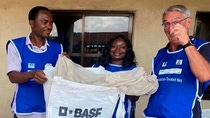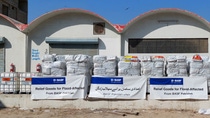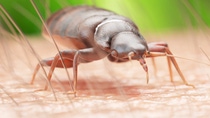
Creating a circular economy
The management of insecticide-treated nets (ITNs) waste is a high priority in environmental management. Considering that over three billion ITNs have been shipped to malaria-endemic countries since 2004, it is certain that large quantities of plastic materials from these nets remain in the environment, particularly in sub-Saharan Africa.


.jpg)
